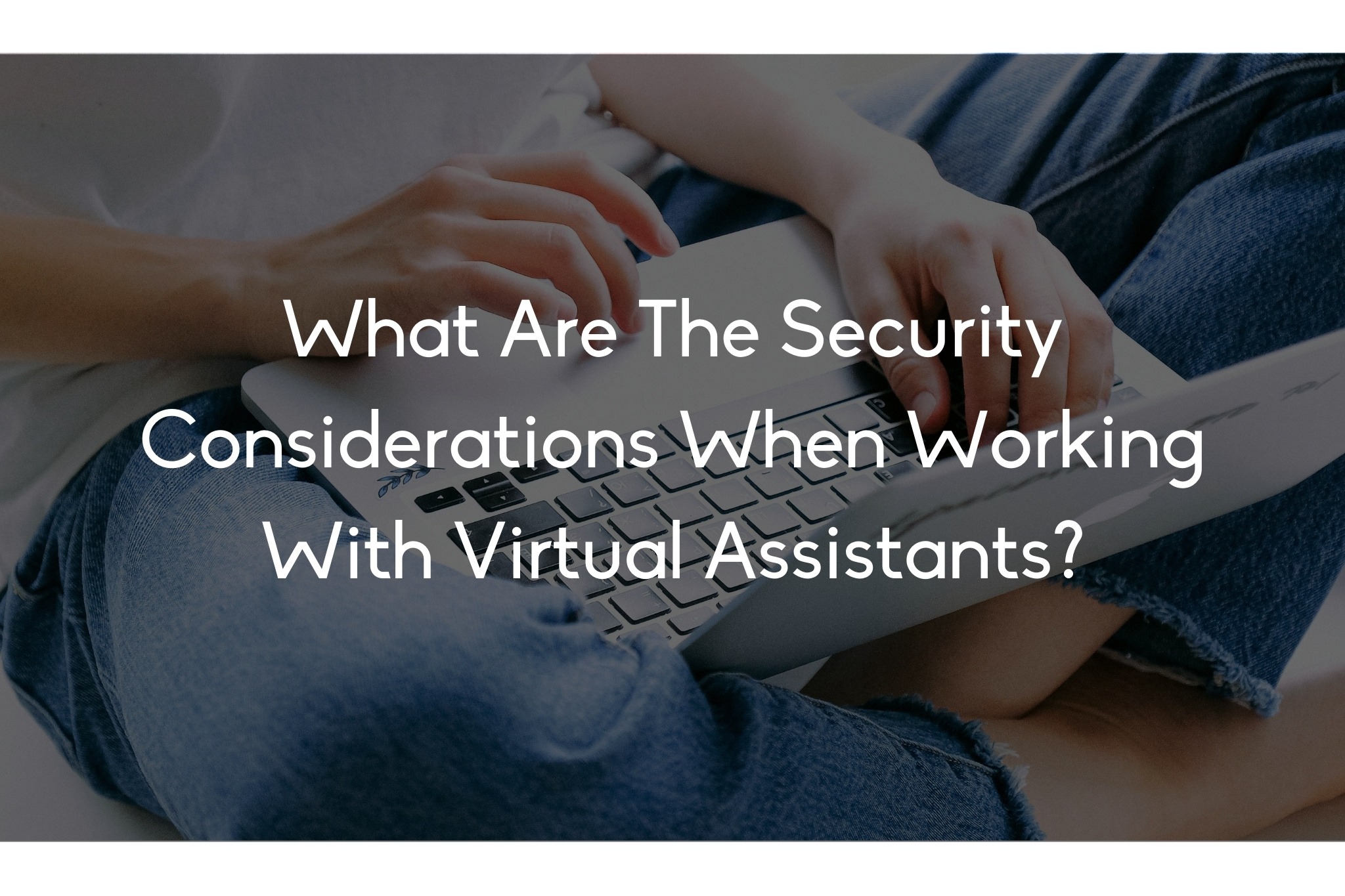
Virtual assistants—be they AI-powered tools like Alexa, Siri, or Google Assistant, or digital human collaborators—are becoming more integrated into our personal and professional lives. They’re efficient, helpful, and downright cool! But as with all tech tools, they come with risks. From data breaches to unintentional eavesdropping, security considerations are critical when working with virtual assistants.
So, how can you enjoy the convenience without sacrificing your privacy and safety?
This article dives into the essential security considerations you should have when working with virtual assistants. We’ll explore common threats, practical tips to mitigate risks, and how to strike a balance between convenience and caution. If you’ve ever wondered, “Am I doing enough to protect my data while using a virtual assistant?” you’re in the right place.
By the end of this read, you’ll have the knowledge and tools to confidently interact with virtual assistants without compromising your security. So grab your favorite drink, and let’s unpack everything you need to know.
Understand the Basics:
Virtual assistants work by processing voice commands, text inputs, and sometimes other forms of interaction like gestures or touch. To function effectively, they often collect data—your speech, preferences, location, and more. This data powers their ability to “learn” and improve over time, but it also creates potential vulnerabilities.
Key Security Consideration:
Know what data your assistant collects and how it’s used. Mismanagement of this information can lead to identity theft, unauthorized surveillance, or even targeted scams.
What You Can Do:
The Short Answer: Yes and no.
Many virtual assistants are programmed to “wake up” only when they hear a specific activation word. However, the microphones remain active, which raises concerns about inadvertent recording or eavesdropping.
Key Security Concern:
Unintentional data capture can expose private conversations or sensitive information. If hackers exploit vulnerabilities in the assistant’s software, this problem becomes even more alarming.
What You Can Do:
Unfortunately, Yes:
Like any connected device, virtual assistants are vulnerable to hacking. Cybercriminals can exploit weak passwords, unsecured networks, or outdated software to gain access.
Key Security Consideration:
Hacking doesn’t just mean someone controlling your assistant—it can also lead to compromised accounts, leaked emails, and even unauthorized purchases.
What You Can Do:
Think Before You Speak:
Virtual assistants may retain information from your interactions—names, addresses, financial details, or work-related topics. This data could be exposed during a breach.
Key Security Consideration:
Never share overly sensitive or confidential information with your virtual assistant. While they’re smart, they’re not infallible.
What You Can Do:

Permissions = Access:
Many virtual assistants integrate with third-party apps or smart devices. While this enhances functionality, it also widens the attack surface.
Key Security Concern:
Granting excessive permissions can open doors for malicious apps to misuse your data or compromise your assistant.
What You Can Do:
Shared Use, Shared Risks:
If kids or guests frequently interact with your assistant, they may unknowingly trigger purchases or access sensitive information.
Key Security Consideration:
Unrestricted use can lead to unauthorized actions or accidental data exposure.
What You Can Do:
Beyond Your Home:
The security considerations of virtual assistants extend into workplaces, public spaces, and even governments. Misuse of collected data can lead to ethical dilemmas or mass surveillance.
Key Security Concern:
It’s not just about individual privacy but also collective safety and rights.
What You Can Do:
Virtual assistants are amazing tools that bring convenience and efficiency into our lives, but their benefits come with security risks. From data collection to potential breaches, it’s essential to take proactive steps to protect your privacy. Simple actions like muting microphones when not in use, managing permissions, and securing your network can go a long way in safeguarding your information. By understanding how these tools work and the vulnerabilities they may present, you can use them with confidence and caution.
Staying secure doesn’t have to be complicated. It’s about striking a balance between enjoying the benefits of technology and protecting what matters most—your personal and sensitive data. With a thoughtful approach to security and privacy, you can embrace virtual assistants as helpful allies without letting them become vulnerabilities in your digital life.